Researchers Don’t Want Autopilot Cars To Become Mobile Vomitoriums
Har Devarukhkar - Oct 02, 2019
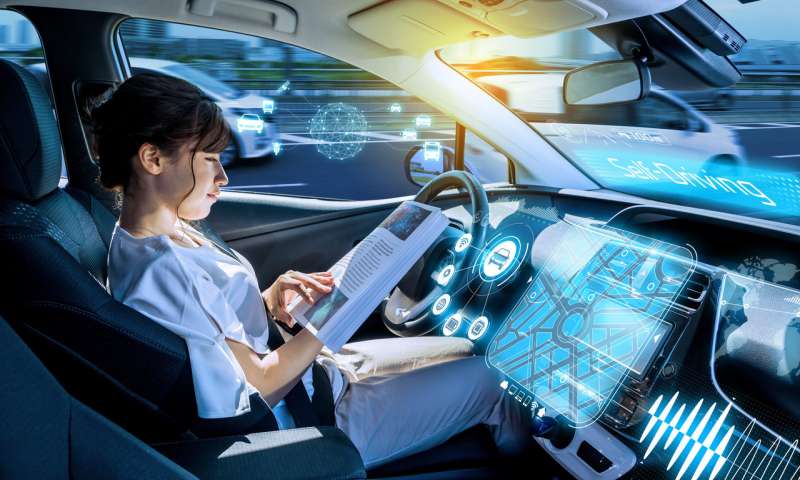
Researchers have conducted a study with the aim of looking into how to make autopilot cars not become mobile vomitoriums to users.
- Tesla Robotaxi Finally Hits the Streets: $4.20 Rides That'll Make You Hold Your Breath
- Hyundai And Kia Confirmed To Have Ended Apple Car Talks
- Self-Driving Cars Can Now See Beneath The Road Surface With This New System
Motion sickness is a big problem for certain people every time they take a ride in which they don't drive. So what can they do in self-driving vehicles? This question is eventually being looked into in an experiment that researchers design to see the reason behind motion sickness.
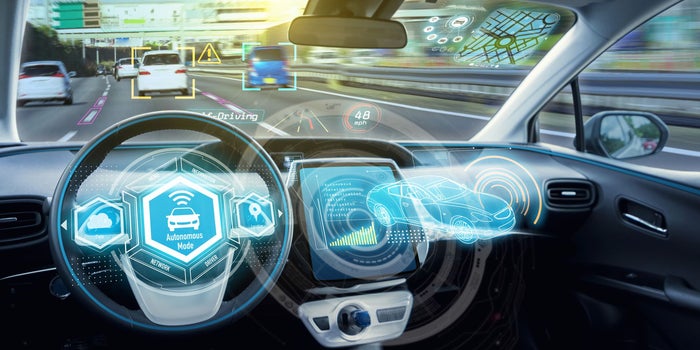
Researchers from the University of Michigan carried out a study because they figured out if so many people, maybe millions, cannot work or read in self-driving cars, they have no reasons to even get one. Moreover, there haven't been any investigations on matters like why some people in this context have motion sickness or what makes the problem become worse or better.
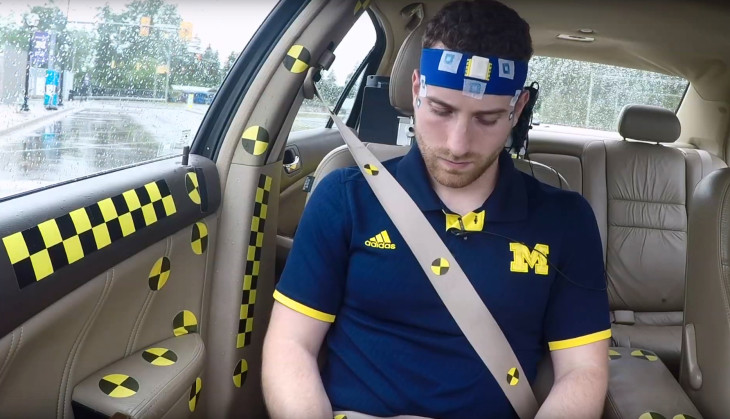
Monica Jones, who is the project’s lead investigator, explained in a press release:

Cars are meant to make users comfortable instead of stopping just kind of losing their lunch. What do cars need to include? That is the aim of the initial experiments in question.
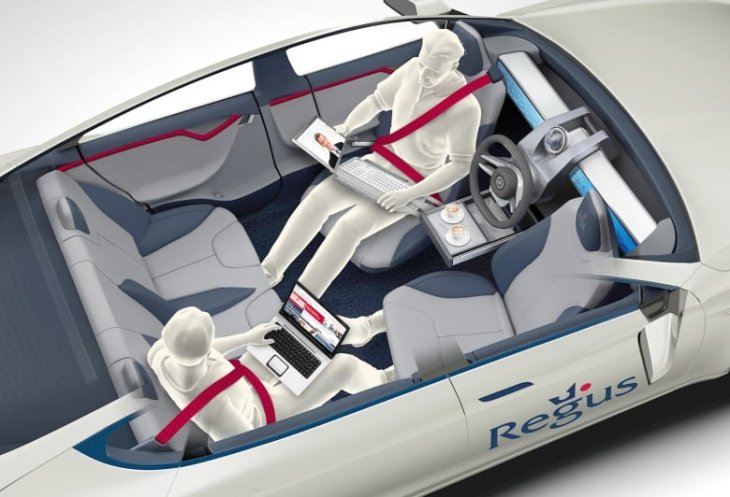
The researchers gathered 52 people from various demographics, let them sit in a self-driving car while it was navigating Mcity Test Facility of the university, the urban-like environment designed for work like this. During the drive, there were usual stops, accelerations and turns that users would experience while being driven within a city. Besides, participants were required to answer questions of a researcher also in the car as well as complete a few basic tasks using an iPad, which creates vomitoriums just thinking of taking part in.
Participants were observed to see if they have any indications of discomfort and they were also asked to report any similar feelings and absolutely, inform the researchers when they wanted to stop. There were also sensors watching for changes in perspiration, temperature or other things.
Even though the team’s early findings weren't exactly surprising, it was the start. It's no surprise people feeling sick using a device as they sit in a self-driving car. However, this situation hasn’t been actually studied before. Therefore, no matter what ways we will treat it, directly observing is a must. Moreover, there were some factors happening unexpectedly, such as people reporting higher levels of motion sickness. Why and when does this happen?
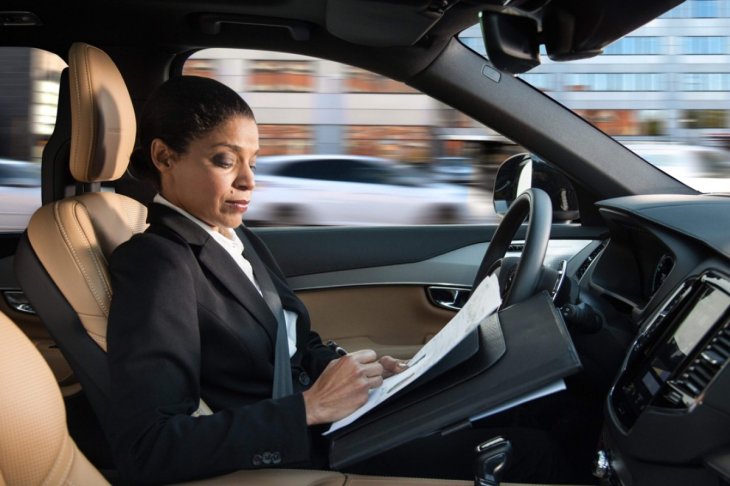
Monica Jones said: “Passenger responses are complicated and have many dimensions.” With the aim of measuring those responses, the researchers created a database including thousands of observations and measurements which go beyond a simple “misery scale,” however, include context as well as other kinds of discomfort and pain.
This is simply the beginning of a study in the longer term about how to keep autonomous vehicles as popular and inclusive as possible, which will surely be conducted. If there is an explanation for it, using an autonomous car for daily commuting will likely to be a common choice.
Featured Stories

Features - Jan 29, 2026
Permanently Deleting Your Instagram Account: A Complete Step-by-Step Tutorial

Features - Jul 01, 2025
What Are The Fastest Passenger Vehicles Ever Created?

Features - Jun 25, 2025
Japan Hydrogen Breakthrough: Scientists Crack the Clean Energy Code with...

ICT News - Jun 25, 2025
AI Intimidation Tactics: CEOs Turn Flawed Technology Into Employee Fear Machine

Review - Jun 25, 2025
Windows 11 Problems: Is Microsoft's "Best" OS Actually Getting Worse?

Features - Jun 22, 2025
Telegram Founder Pavel Durov Plans to Split $14 Billion Fortune Among 106 Children

ICT News - Jun 22, 2025
Neuralink Telepathy Chip Enables Quadriplegic Rob Greiner to Control Games with...

Features - Jun 21, 2025
This Over $100 Bottle Has Nothing But Fresh Air Inside

Features - Jun 18, 2025
Best Mobile VPN Apps for Gaming 2025: Complete Guide

Features - Jun 18, 2025
A Math Formula Tells Us How Long Everything Will Live
Read more

Mobile- Feb 16, 2026
Xiaomi Launches Affordable Tracker to Compete with Apple's AirTag
For users tired of ecosystem lock-in or high prices, the Xiaomi Tag represents a compelling, no-frills option that delivers core functionality at a fraction of the cost.

Mobile- Feb 17, 2026
Anticipating the Samsung Galaxy S26 and S26+: Key Rumors and Specs
The Samsung Galaxy S26 series is on the horizon, sparking excitement among tech enthusiasts.

ICT News- Feb 18, 2026
Google's Project Toscana: Elevating Pixel Face Unlock to Rival Apple's Face ID
As the smartphone landscape evolves, Google's push toward superior face unlock technology underscores its ambition to close the gap with Apple in user security and convenience.
Comments
Sort by Newest | Popular